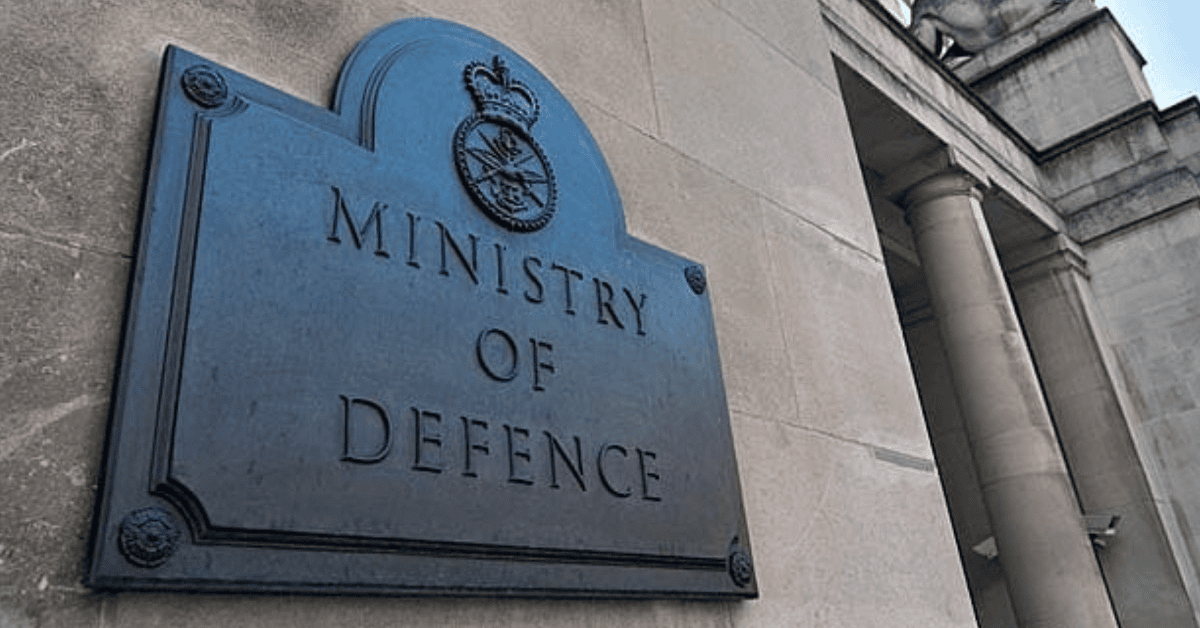
If your family is considering living abroad you might be wondering about the impact of doing so on your retirement income. In this article, we explore the pension-related issues you need to consider.
Firstly, Armed Forces pensions are claimed and paid in the same way no matter where you live. Once the pension is in payment, members living abroad will be required to complete a Life Certificate every two years and, if the form is not returned as instructed, the pension will stop! Life Certificates are not routinely required from members living in the UK but, if they do receive one, they, too, need to return it as instructed.
Armed Forces pensions are normally taxable in the UK, even if you are paying other tax abroad. If your pension is being taxed in UK, in order to prevent your money from being taxed twice see details here about Tax Treaties and arm yourself with a copy of any Double Taxation Agreement which exists between the UK and your new country of residence – then make sure your accountant in your chosen country is aware of it.
There are some countries in which you can choose to have your pension taxed under the local tax regime – eg. Nepal or the Channel Islands – and there are others that insist on the tax being paid in the country of residence, for example Australia and Canada. Wherever you are going to live, go armed with the latest information – and remember that tax rules do not remain static!
An AFPS pension can be paid into an account in many, but not all, overseas banks. For details of countries to which pensions can be paid and the monthly cost of the transfer, click here, email veteransukpension@equiniti.com or ring 0345 121 2514 from UK or +44 1903 768625 from overseas. These are also the numbers to ring should you need to make a change to the way that your pension is paid or chase up a P60.
The State, or Old Age, Pension is based on the individual’s National Insurance Contributions (NICs) – currently, 35 years’ worth of NICs are required to qualify for a full State Pension. You will not have to pay NICs whilst living abroad. The options are:
- To pay voluntary NICs. If you don’t do so immediately you can buy back up to six years’ worth of contributions to fill any gap which has occurred;
- Not to pay NICs and accept that you will receive only the proportion of the State Pension commensurate with the NICs you made.
The State Pension is paid gross (i.e. before tax) and will have to be declared on your tax return. Once in payment, depending on the country of residence, it will not necessarily rise annually as it would in the UK. More information about NICs and the State Pension is available at National Insurance if you go abroad and State Pension.
Author: Mary Petley, Forces Pension Society – for Winter 2022 Issue of Easy Resettlement




